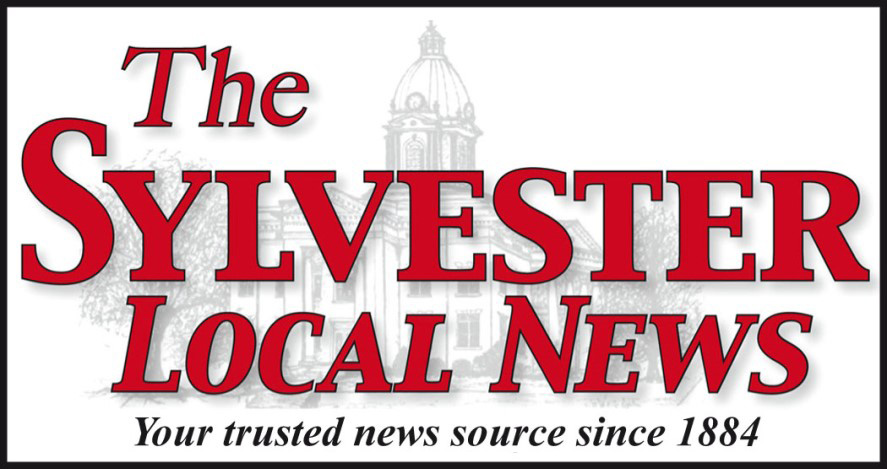The expanding global outbreak of respiratory infections due to a novel coronavirus (COVID-19) has now been declared a pandemic. Cases of COVID-19 are rapidly increasing in Georgia. Symptoms of COVID-19 are fever, cough and shortness of breath, The best way to prevent infection with any respiratory virus is to use the same preventative strategies used during a normal cold and flu season: get a flu shot, wash hands regularly, cover coughs and sneezes, and stay home when experiencing symptoms of illness until they resolve.
Everyone has a role in keeping our community healthy, and that includes our food service partners at local restaurants, mobile food units and food trucks.
Restaurants should also check their local ordinances because they may be strict.
Everyday Disease Prevention
Take simple steps to support a healthy work environment. These are important every day, but especially when preventing the spread of respiratory illnesses like COVID-19 and flu.
• Post signs that encourage, covering coughs and sneezes, and washing hands frequently with warm soapy water at workplace entrances, restrooms, employee break rooms and in other visible areas.
• Remind people to avoid touching their eyes, nose, and mouth with unwashed hands.
• Provide tissues, waste baskets and EPA approved hand sanitizer in areas where employees gather or meet.
• Provide disposable wipes and other cleaning materials so that frequently touched surfaces (counters, doorknobs, toilets, phones, etc.) can be properly wiped down by employees before each use.
• Follow recommendations for cleaning and sanitizing your workspace.
Protect Your Customers
• An “Imminent Health Hazard” is defined as a product, practice, circumstance, or event that may pose a significant risk of injury or illness to food service employees or to members of the public if not promptly corrected or halted. The COVID-19 virus is considered an “imminent health hazard” by this definition. Because of this, and in order to protect members of the public, dining areas should be closed until further notice. Take out, drive-thru, delivery, or third-party delivery options should be the only means by which consumers can obtain food.
• If customers arrive at your establishment to pick up an order, encourage customers to wash their hands to help reduce illness transmission.
• Limit the number of customers allowed inside your establishment to no more than 10 at a time.
• Provide clearly marked waiting areas that allow customers to remain at least 6 feet from each other while waiting to pick up their food.
• Keep restrooms stocked with soap and paper towels. You may notice that sinks in customer restrooms need to be stocked more frequently.
• Make sure alcohol-based hand sanitizer (approved by the Environmental Protection Agency) is available for customers to use if there is no access to soap and water.
• Be sure to clean and sanitize any objects or surfaces customers may touch, including restroom surfaces, door handles, counters, menus, condiments, etc.
Georgia Food Service Rules and Regulations do not govern customer behavior; however, it is imperative that the number of customers allowed inside your establishment is limited to no more than 10 at a time. With social distancing measures in place, provide clear direction such as marked areas for them to wait, allowing at least a 6-foot separation. As a food service permit holder, and in accordance with Chapter 511-6-1 Rule .02(1)(f)9, you are required to comply with directives from the Health Authority.
A hand sanitizer must be approved by the Environmental Protection Agency before it can be advertised or used. Restrooms for employees and customers should be kept stocked with adequate soap, warm water and paper towels, as proper handwashing is recommended for reducing the spread of viruses and bacteria. Food service employees are not to use a hand sanitizer unless it meets the requirements of Chapter 511-6-1- .03(5)(e).
Employee Health
• Support employees staying home when they are sick. Per CDC guidance, employers are encouraged not to require employees to provide a doctor’s note to return to work, because doing so will burden the medical system.
• Ensure that your sick leave policy makes it easy for employees to stay home if they need to. Make sure you are following federal, state, and local sick leave laws and policies. Make sure employees know these policies and understand your expectations.
• Create or update flexible policies that allow employees to stay home to care for a sick family member or child who cannot go to school.
• Remind employees that anyone who becomes sick with a fever and cough at work should go home immediately. They should return only after they are symptom-free for at least 24 hours without the use of fever-reducing medicines and/or cough suppressants unless they have been diagnosed with Covid-19, in which case it should be 72 hours symptom-free without the use of fever-reducing medicines and improvement in respiratory symptoms, and at least 7 days have passed since symptoms appeared.
• Make sure supervisors send employees home if they are sick.
• Plan for absenteeism by identifying essential functions and creating plans for continuity of operations.
o Cross-train staff to perform essential functions so you can operate if key
people are absent. o Consider what you need to maintain critical operations (identify alternative suppliers, prioritize customers, temporarily suspend some operations, if needed).
Promote Proper Handwashing
• Make sure handwashing signs are put where employees can see them.
• Ensure handwashing sinks are adequately stocked with soap and paper towels.
• Wash hands thoroughly with soap and warm water for at least 20 seconds.
• Dry hands with paper towels and throw the paper towels in the trash.
• Do not handle any ready-to-eat foods with bare hands.
Remember to Wash Hands:
• After coughing, sneezing, and wiping your nose.
• After using the bathroom.
• When preparing foods.
• When switching from preparing uncooked foods to working with ready to eat foods.
• After touching your face or hair.
• After touching animals.
• After eating and using tobacco/nicotine.
• After handling money or other forms of payment.
• After handling dirty equipment or utensils.
• Before putting on disposable gloves.
• Whenever hands become dirty.
Use Routine Cleaning Procedures
• Early evidence suggests that the COVID-19 virus can survive for several days at room temperature. However, special processes beyond routine cleaning and sanitizing are not recommended at this time. Only use sanitizers that have been approved by the Environmental Protection Agency according to the product label.
Cleaning and Sanitizing
• Remember, cleaning and sanitizing are not the same. Clean with soap and water to remove dirt and food from surfaces. Sanitize with chemicals or heat to reduce germs. Surfaces that look clean may still have germs on them that you can’t see. Sanitizing reduces these germs to safer levels. Always follow the product’s label when using sanitizers.
• Clean and sanitize surfaces that are frequently touched. Surfaces such as remote controls, kitchen counters, doorknobs, bathroom surfaces, keyboards, tables and chairs, and phones and tablets should be cleaned often.
• Food-contact surfaces must be washed, rinsed, and sanitized after each use.
• Use disposable gloves for cleaning and sanitizing. Throw them away before leaving the area and wash hands.
• If you use disinfectant wipes, use according to package directions. Do not reuse the wipes to wipe down multiple surfaces. Throw used wipes in the trash. • For a list of approved disinfectants from the Environmental Protection Division that are shown to be effective against SARS-CoV-2, visit https://www.epa.gov/pesticide- registration/list-n-disinfectants-use-against-sars-cov-2. Note: These disinfection concentrations may exceed the allowable levels allowed for use on food contact surfaces such as dishes and utensils. Be sure to follow the label directions for FOOD CONTACT SURFACES when using the chemical near or on utensils and food contact surfaces.

